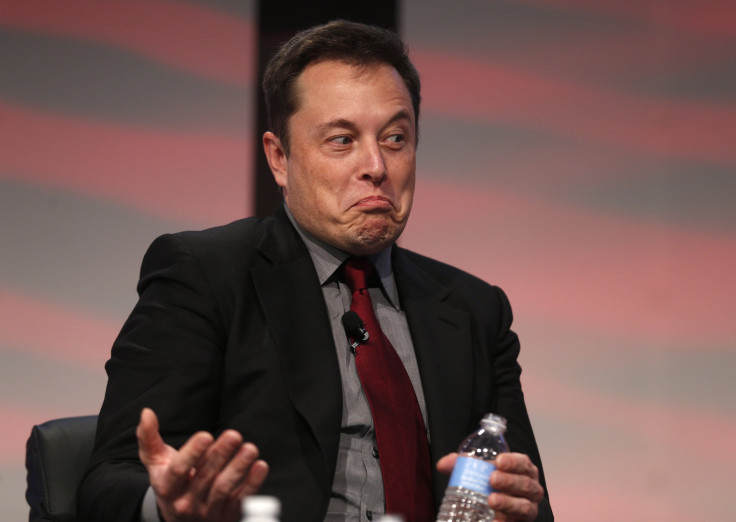Elon Musk Casts Doubt On Stanford's One-Minute-Charge Graphite Battery Claims

Scientists at Stanford University impressed much of the technology world this week, when they announced that they've been researching a new kind of battery that could fully charge smartphones in just a minute. If they're right, the technology could revolutionize the battery world by making batteries safer and giving them longer life cycles. But Elon Musk -- the mind behind PayPal, Tesla and SpaceX -- isn't among those keeping his fingers crossed.
Musk weighed into the conversation with a tweet this week, advising tech's chattering classes to calm down. Although the Stanford research hasn't been disproved, the battery has yet to be tested outside a lab setting.
Battery "breakthroughs" need to state power *and* energy density (not the same thing), plus how long they last. They usually fail on energy.
— Elon Musk (@elonmusk) April 6, 2015But even with Musk's warning, the Stanford battery does seem to be cause for some enthusiasm. In the process of examining aluminum-ion batteries, researchers discovered that it might be better to simply use graphite, the carbon found in steel and vehicle brakes. The result, at least for now, is a battery that's good for 7,500 or so life cycles, more than the 1,000 cycles lithium batteries are expected to have.
“Our battery produces about half the voltage of a typical lithium battery,” Dai Hongjie, a Stanford chemistry professor, said in a press release announcing the news. “Improving the cathode material could eventually increase the voltage and energy density. Otherwise, our battery has everything else you'd dream that a battery should have: inexpensive electrodes, good safety, high-speed charging, flexibility and long life cycle. I see this as a new battery in it's early days. It's quite exciting.”
© Copyright IBTimes 2025. All rights reserved.



















